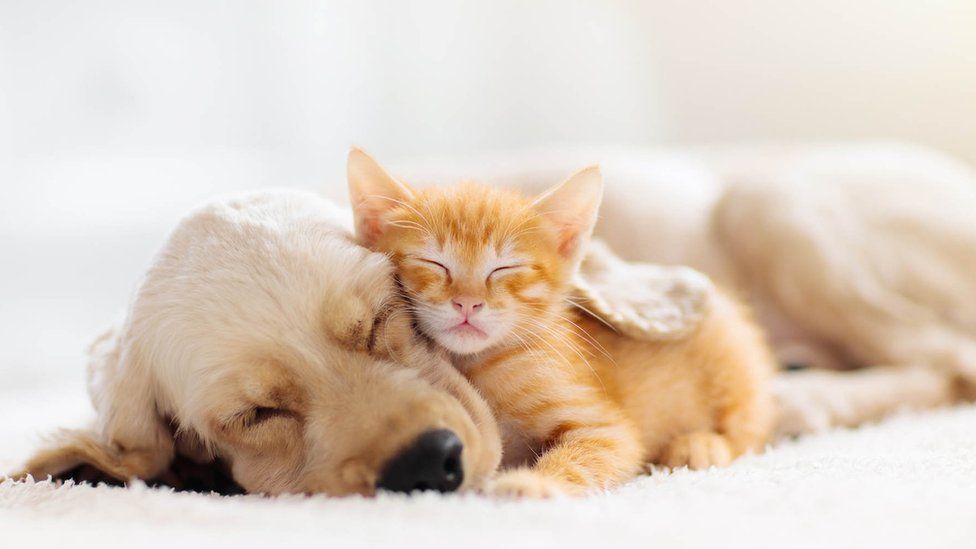Are there any safe diffusers for animals?

It all depends on the quality of the essential oils and diffusers.
There has been much debate as to whether or not scent diffusers are safe for dogs and cats.
The truth is that there are some risks for pets related to the use of essential oils, but with some simple solutions and precautions they can be prevented. Most problems stem from low-quality oils, low-quality diffusers and improper use of the oils themselves. Finally, problems can arise from the use of certain essential oils that dogs and cats simply do not tolerate well.
We will now take a closer look at some of these common risks, as well as simple solutions to prevent them. However, it is always advisable to consult a vet if you are unsure about anything related to essential oils and pets. If in doubt, ask.
Essential oils and pets: three common risks and simple solutions
Too much perfume
Many people use essential oils to improve their health, as well as the general atmosphere in their home or workplace. However, it is important to remember that dogs and cats are much more sensitive to smell than humans. This means that even if the scent you diffuse smells delicate to you, it is possible that it may be too strong for your pet.
If you are worried about this, the easiest solution is to use the diffuser in an area your pet cannot access. You can also double-check with your vet that the specific scents you are diffusing are OK for your dog or cat. Another solution would be to upgrade to a higher quality diffuser; one that allows you to control the fragrance level or scent emission. This way you can ensure that you are scenting at an appropriate intensity for your four-legged friends.
Direct contact
The main health risks for pets arise from direct contact (licking, absorbing into skin and fur, etc.) with essential oil. Direct contact of essential oils on an animal's skin can cause chemical burns. If an oil leaks out and a pet licks it, similar problems can occur.
If your pet comes into contact with oil directly on skin or fur, wash it off immediately with soap. If your pet has licked or consumed essential oils directly or starts to show reactions, it should be taken to a vet as soon as possible. Essential oils should always be kept out of your pet's reach and should not be left unattended. Finally, you should never apply essential oils directly to your pet without first consulting a vet.
The safest way to diffuse essential oils
As mentioned above, the safest way to diffuse oils with pets is to choose a high-quality diffuser that allows you to control the intensity of the fragrance, so as not to overwhelm your dog or cat. All our diffusers are equipped with a fragrance emission control.
Another way to ensure safety is to use only pure aromatic oils. Many cheap essential oils contain additives or fillers. In contrast, we at Essenzapura create blends of essential and aromatic oils from safe, renewable sources that contain no additives or harmful chemicals.
Finally, do your best to avoid the problematic essential oils listed above, opting instead for oils recommended by your veterinarian or those that have proven to be gentle, soothing and non-problematic.
Although there are some small risks in using essential oils near your pets, hopefully it is now clear that they can be mitigated by incorporating the simple steps above. Opt for a diffuser that allows you to control the intensity of the fragrance, like all Essenzapura diffusers, perhaps even using it in a room not frequented by your pet. Also choose high-quality natural oils known to be safe. Never apply oils directly to your pet without consulting a vet. By following these steps, you and your pets can enjoy the many benefits of essential oils safely.
In Same Category
- Profumi e Meditazione: Un Viaggio Sensoriale per il Benessere
- I diffusori di profumo a ultrasuoni fanno male?
- Come le aziende utilizzano il marketing olfattivo
- Usare i diffusori Essenzapura per l'aromaterapia
- La fraganza al caffè, perfetta per i bar, i negozi di cialde di caffè e, perché no, anche a casa!

